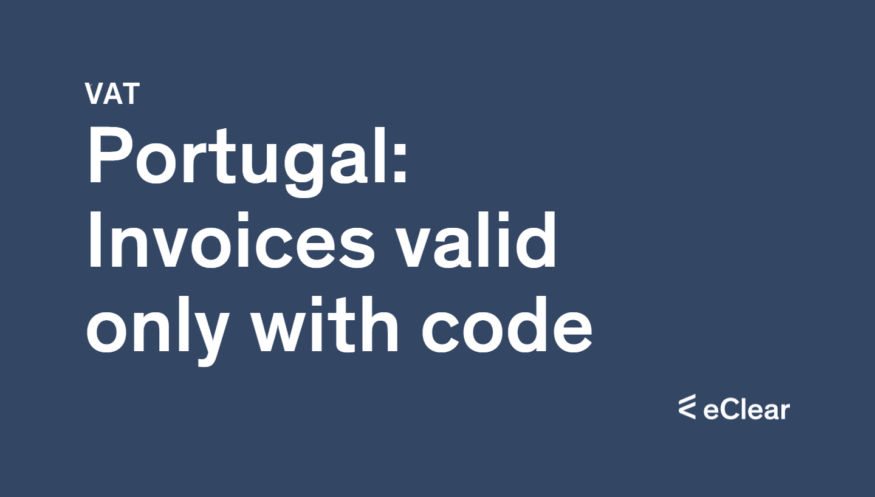From 01/01/2023 applies:
- Invoices must be created using certified invoicing software that displays a unique ATCUD invoice validation code
- Paper or PDF invoices must contain a QR code
- The SAF-T (Standard Audit File for Tax) reports the monthly invoice. This is independent of the new annual SAF-T accounting reporting requirement.
1. ATCUD validation
The Tax and Customs Administration assigns a unique eight-digit code, ATCUD, to batches of invoices before they are issued. It consists of two parts separated by a “-”:
- Service validation code and unique document code within issued batch numbers
- ATCUD codes are processed in certified billing systems with batch numbers obtained from the Portuguese tax authority via an API call. These are stored by the system and assigned when the invoice is created.
2. QR code for paper or PDF invoices
IT systems can read this two-dimensional barcode faster and contain more data than a conventional barcode. However, taxpayers can bypass the QR code using electronic data interchange (EDI) for intercompany communication of business documents in a standard format. Most fields must be linked (or “mapped”) to SAF-T.
Information transmitted in the QR code:
- Tax identification number of the supplier (TIN)
- Unique UIDD or ATCUD number for the invoice
- Taxable amount
- VAT amount
- Unique number of the software used
3. Monthly transmission of SAF-T invoices
From 1 January 2023, non-residents must report their invoices in Portugal. This can be done directly to the tax authority via a manual interface or a web service. However, a third option, the monthly SAF-T invoice, is the simplest and most popular option. Certified invoice issuers prepare this, which must be completed by the 5th of the month following the transaction period. Portugal SAF-T was introduced in 2009 and is based on the OECD SAF-T standard for data exchange.
Structure of the SAF-T invoice file:
- Master files: product tables; customers; suppliers; and tax table
- Transaction data: Sales and purchase invoices; goods movements; payment information
This information is only mandatory if readily available in the taxpayers’ accounting systems.
Sources:







